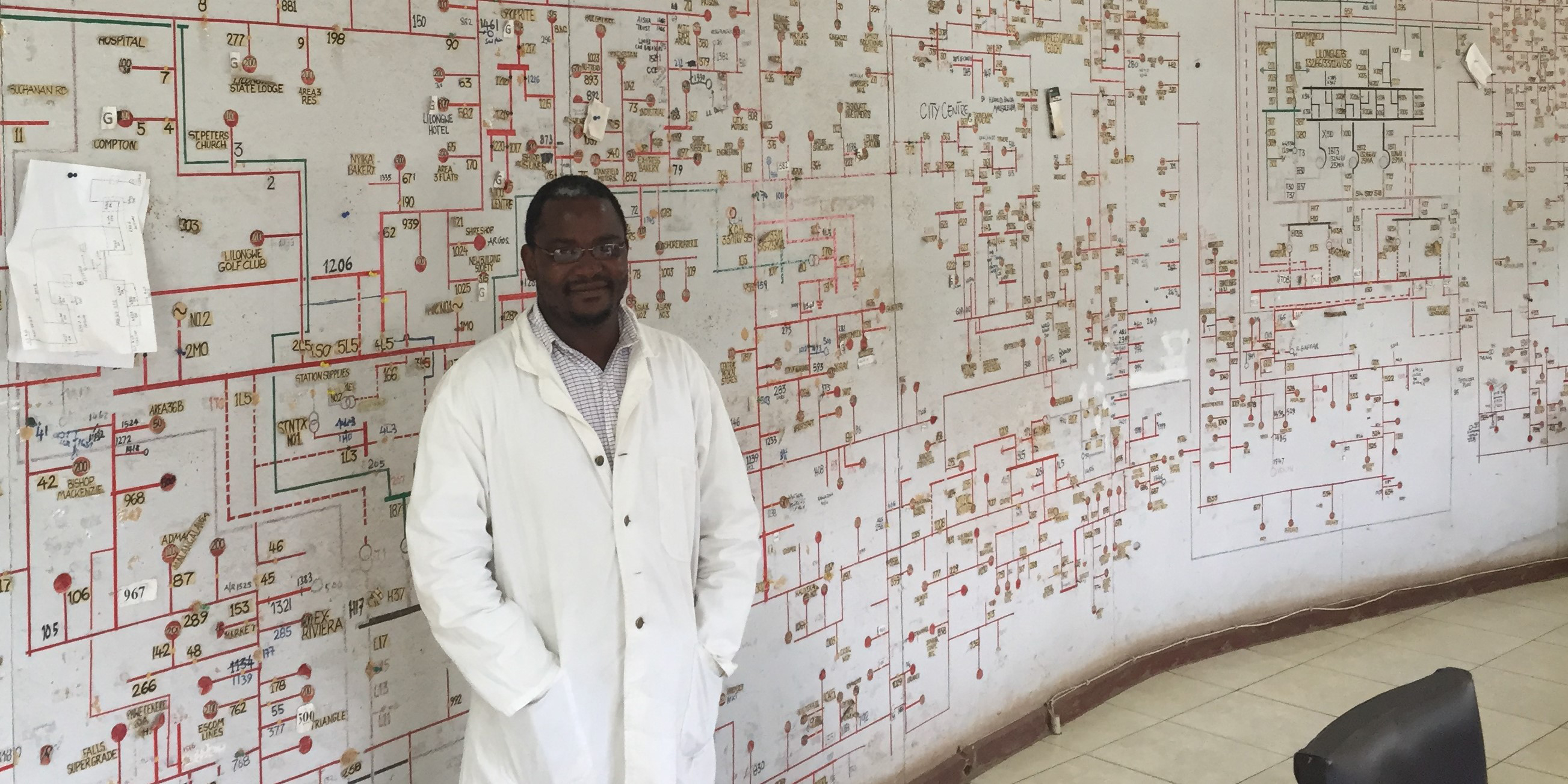
Infrastructure Development Project
Nkula A Hydropower Plant: The design of the Nkula A HPP Refurbishment Activity originally envisioned a refurbishment of the existing turbines to original or better specification. The turbines were designed and built robustly, and ran for 50 years with minimal maintenance. However, during the issuance of the tender documents, tenderers were offered two options to bid on: provide new turbines or refurbish the existing turbines. The tender stated a fixed price contract, and the tenderers, reticent to opt for the refurbishment option because of the higher unknown risks, all tendered for new turbines.Power Sector Reform Project
ESCOM Corporate Governance: MCC and MCA-Malawi agreed to change the condition in the compact that required a study to assess the practices and performance of ESCOM’s Board against international comparators to be completed prior to the second year of the compact. This study was instead required to begin prior to the end of the third year of the compact. The delay in conducting the study was linked to the significant amount of work planned at ESCOM under the Power Sector Reform Project during the second year of the compact. Pursuing the study at the same time would have resulted in challenges in ensuring the appropriate level of attention to the development and follow through of the Corporate Benchmarking Study. The study was funded later in the compact as anticipated; however, the impact of the study was limited due to a general lack of interest in corporate governance improvements on the part of the Government and, by extension, the ESCOM Board.Further, MCC agreed to remove a requirement in the compact to have all ESCOM interaction with the Government take place through the Department of Statutory Corporations (DSC). This was removed due to the fact that the Ministry of Natural Resources, Energy & Mining (MNREM) had assumed the lead in Government interactions with ESCOM. However, in practice ESCOM leadership was still subject to influence from different parts of the Government, including the DSC, MNREM, Ministry of Finance and the Office of the President through a variety of formal and informal mechanisms. The informal mechanisms in particular were not conducive to the introduction of improved norms and practices of corporate governance sought by the compact.
Rural Electrification: The compact included support for the Government to clarify the Rural Electrification Act. However, during implementation, other donor partners began work on rural electrification and national energy policy, and MCC did not provide this support as a result.

